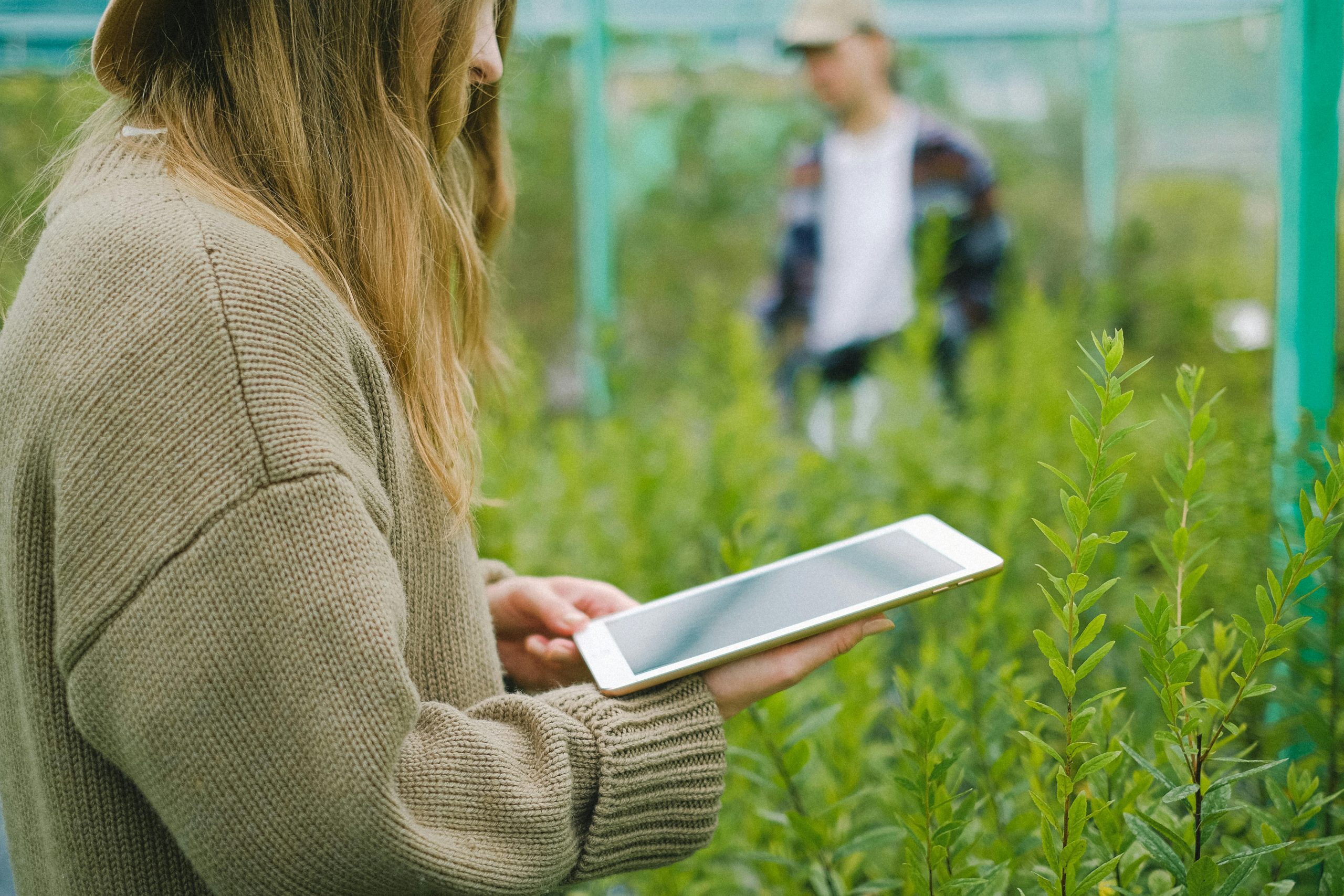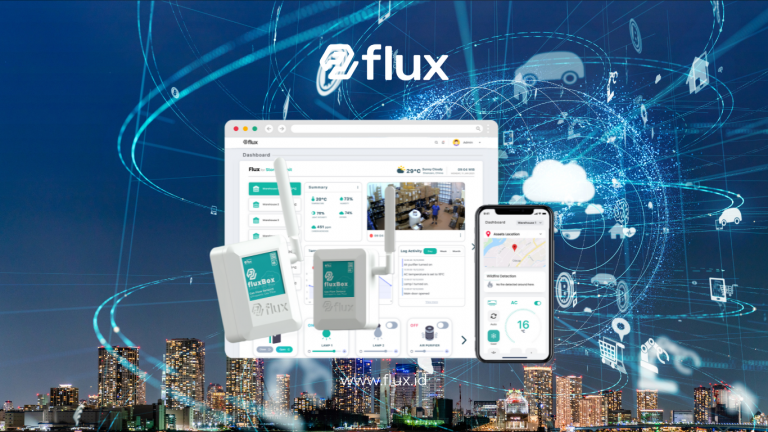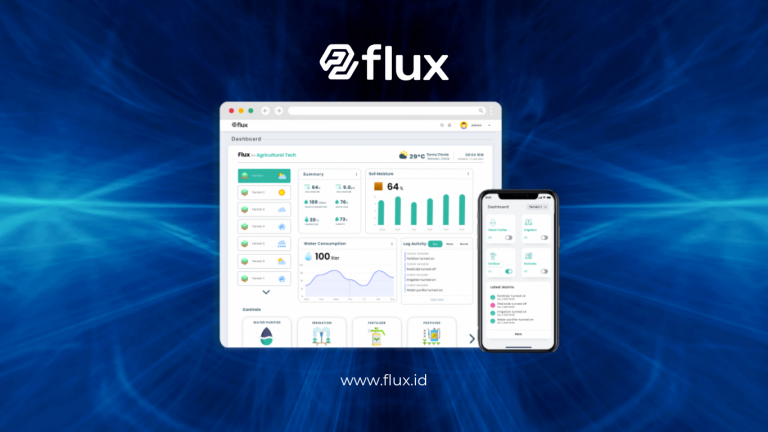Don't miss our holiday offer - 20% OFF!
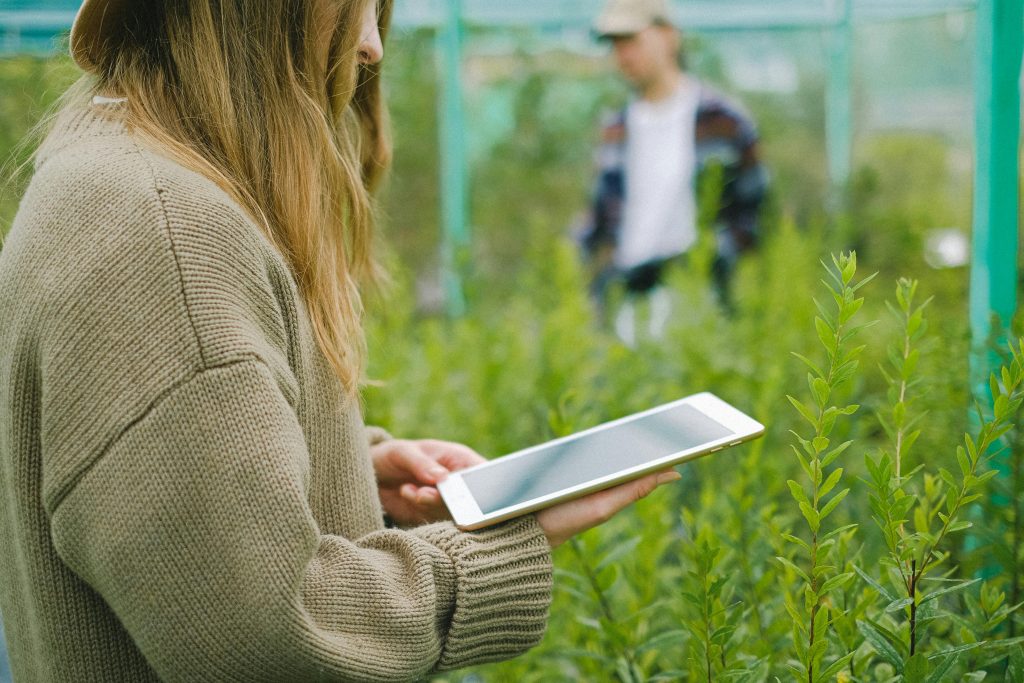
Read More: Future Farming Optimization with Soil Nutrient Sensors
In the current digital era, technology is rapidly advancing, bringing positive impacts to various aspects of life, including agriculture. One increasingly popular innovation is the ability to monitor plant conditions in the garden through mobile devices. Is this just a dream, or has it become a reality? This article will delve into the possibilities and benefits of monitoring plant conditions in the garden through mobile devices.
Contents
I. Digital Era and Agriculture
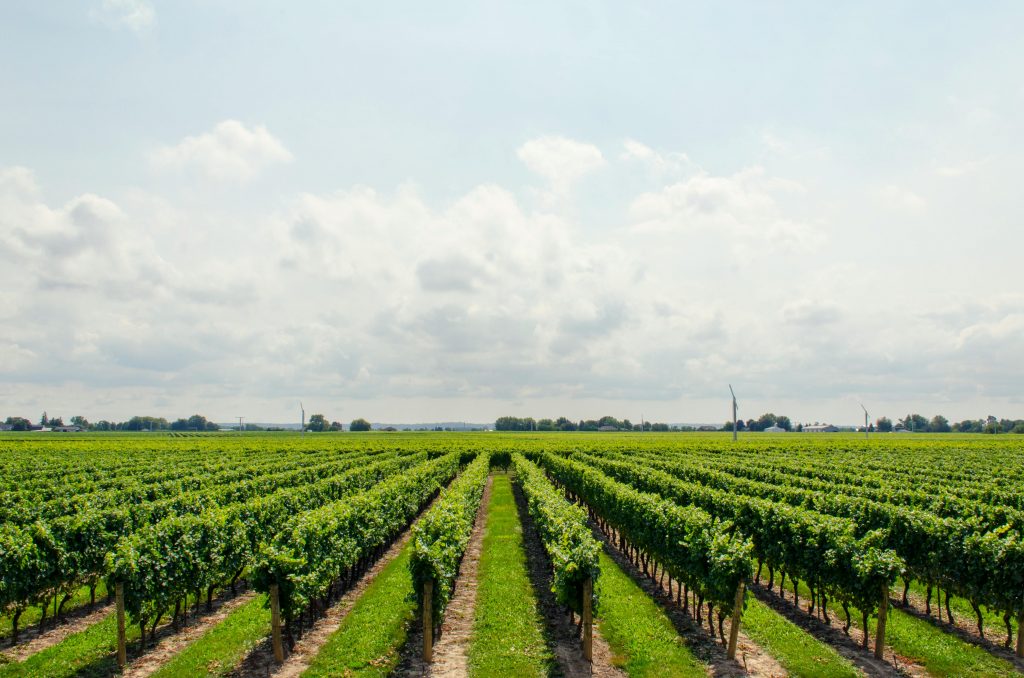
Read More: Modern Agriculture with IoT Sensors for Plant Monitoring
With the widespread use of technology, the agricultural sector is also adopting digital innovations. The use of mobile applications, smart sensors, and other related technologies has transformed how farmers manage their gardens. The main goal is to enhance efficiency, productivity, and the sustainability of agriculture.
II. Mobile Devices as Plant Monitoring Tools
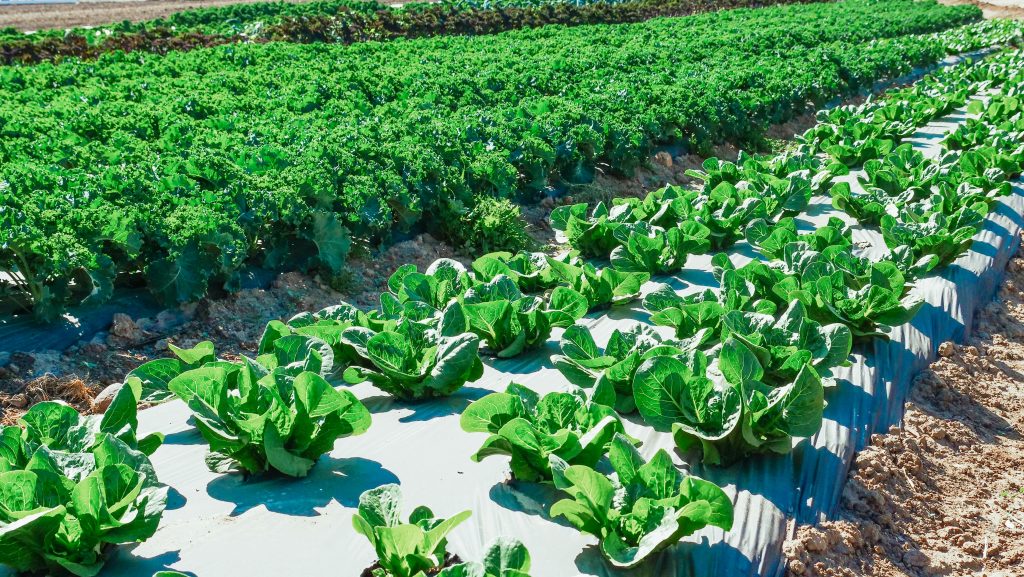
Read More: Plant Monitoring Integration with Sensor Tech in Smart Agriculture
1. Specialized Agriculture Mobile Applications
Specialized agriculture mobile applications provide farmers with the ability to monitor plant conditions in real-time. Information such as soil moisture, air temperature, and nutrient levels can be accessed directly through mobile devices. Such applications typically come with user-friendly interfaces, making it easy for farmers to understand the received data.
2. Smart Sensors for Plant Monitoring in Gardens
These smart sensors are capable of measuring various environmental parameters and crop conditions. The data obtained can then be accessed and analyzed through a mobile application, giving farmers a better insight into the state of their farm.
III. Benefits of Monitoring Plant Conditions via Mobile
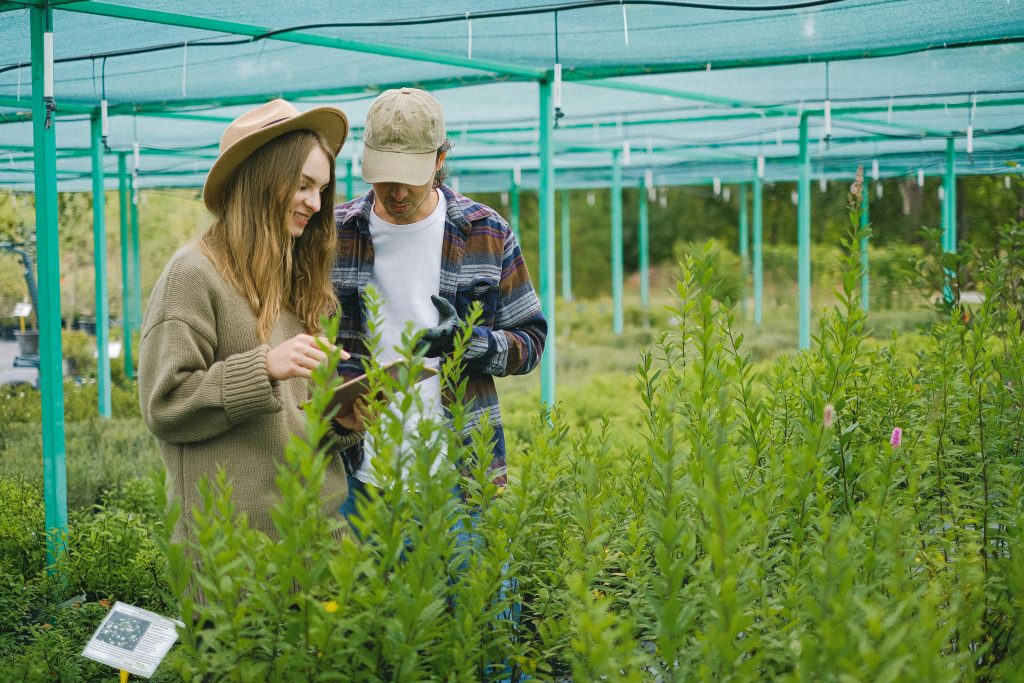
Read More: Future Farming Optimization with Soil Nutrient Sensors
1. Time and Energy Savings
With the ability to remotely monitor plant conditions, farmers can save time and energy. They don’t need to be physically present in the garden at all times but can still effectively manage plants through mobile devices.
2. Optimization of Resource Usage
Information obtained through mobile monitoring allows farmers to optimize the use of resources such as water and fertilizer. This can reduce waste and improve efficiency in agriculture.
3. Disease and Pest Prevention
With accurate monitoring, farmers can quickly detect potential diseases or pest infestations. Preventive actions can be taken promptly, reducing the risk of crop loss.
Conclusion
Monitoring plant conditions in the garden via mobile is no longer just a dream. This innovation has a positive impact on efforts to increase agricultural productivity. Farmers adopting this technology can optimize their garden management, reduce the risk of losses, and achieve better harvests. With the continuous development of technology, the future of agriculture is becoming increasingly fascinating with the potential for new innovations that will continue to contribute positively to advancing this sector.


